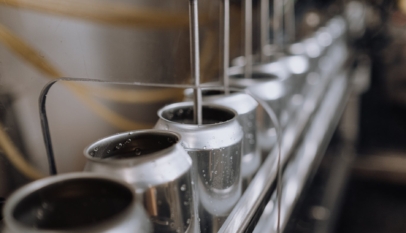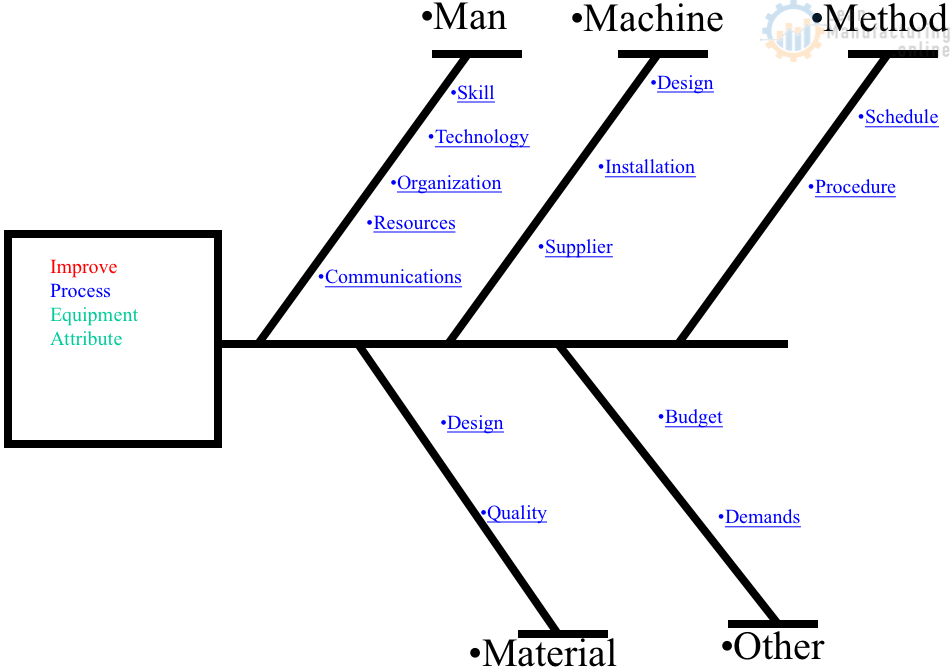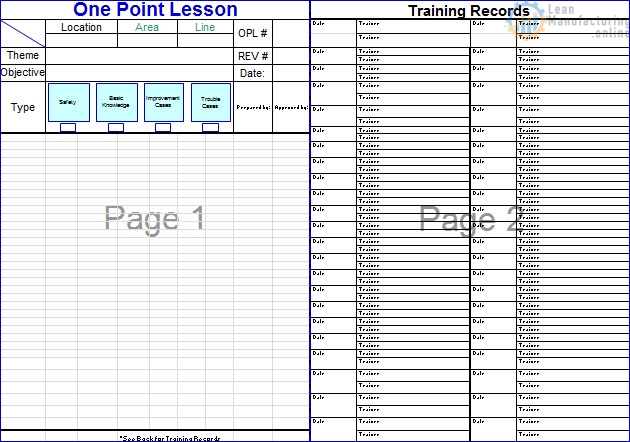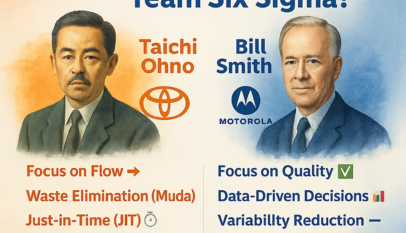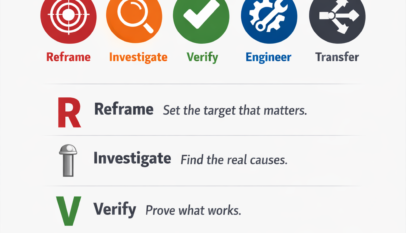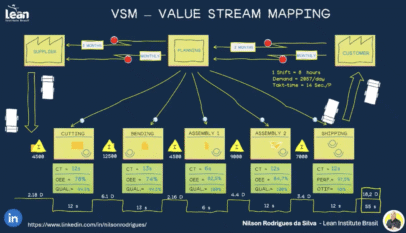Quality
What is the purpose of auditing?
Auditing plays a crucial role in ensuring financial integrity, enhancing accountability, and promoting transparency in organizations. It involves evaluating the accuracy of financial statements, ensuring regulatory compliance, and identifying operational inefficiencies. By detecting irregularities and potential fraud, audits safeguard stakeholders and foster trust among investors, creditors, and other interested parties.
Read More »The Cornerstones of Good Manufacturing Practice: A Deep Dive
Good Manufacturing Practice (GMP) stands as a critical framework in the pharmaceutical and health sectors, ensuring products consistently meet top-tier quality standards. From rigorous quality management protocols, including Quality Assurance and Control, to meticulous personnel training, GMP permeates every facet of a pharmaceutical entity. By focusing on in-depth documentation, optimal…
Read More »Validation, Monitoring, and Verification: A Comprehensive Comparison
Regarding quality management and food safety, there are three essential concepts to remember: Validation, Monitoring, and Verification. These concepts help to ensure that products and processes meet the required standards. Validation proves the effectiveness of control measures, monitoring provides up-to-date information for making necessary changes, and verification confirms that everything…
Read More »Effective Corrective and Preventive Actions (CAPA) for Enhanced Quality Management
Discover the importance of Corrective and Preventive Actions (CAPA) in maintaining and improving product quality, ensuring regulatory compliance, and enhancing customer satisfaction. This comprehensive guide explores the various elements of CAPA, helping organizations effectively implement this vital quality management process for long-term success.
Read More »


